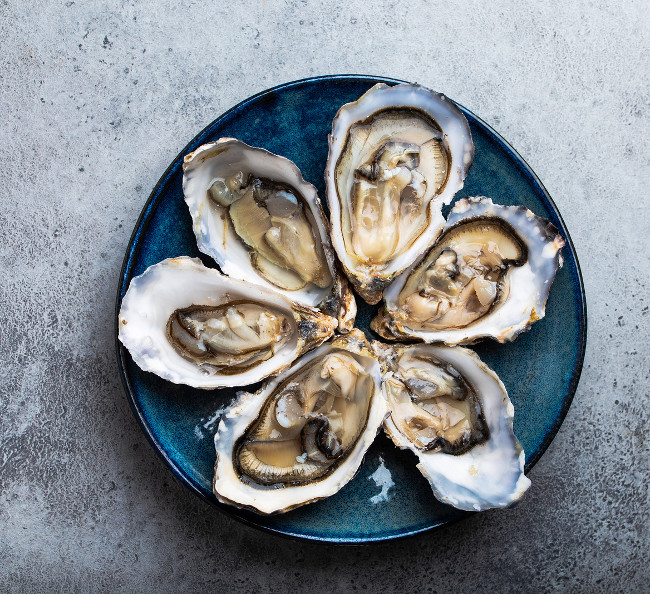How much spare cash do the people of the world’s wealthiest countries have after everything is paid — and what, exactly, do they do with it, apart from hoarding piles of money in the bank, and perhaps also under the mattress?
That’s what new research sought to find out. But it was far from a simple task, as not all nations are equal in monetary terms and luxury lifestyles — and many people in various areas of the world struggle to put food on the table.
Perhaps not surprisingly, most wealth in the world is centred in the so-called Western part, particularly in Europe and the United States — places that are economically developed, have relatively robust incomes and high standards of living.

According to the research, which is based on the latest data from the Organisation for Economic Co-operation and Development, it turns out that the sole superpower in the world — the US — has more money to spend than most. After all bills are paid, Americans have an average of $45,284 in disposable income per year that they can spend on whatever they like.
Hey, Big Spenders!
What are Americans splashing all that spare cash on? Unlike in other wealthy parts of the world, Americans are alone in spending lots of money on self-care and other non-essential items, coming in at just under $200 a month. And if you thought people in the US were materialistic, the research uncovered that three out of five Americans were more interested in luxury experiences — such as spa treatments or a yoga retreat — than high-priced items. They spend $368 on average on such special treats.

It’s over to Europe for the second-richest country: the tiny, landlocked nation of Luxembourg, with a population of just over half a million. Luxembourgers enjoy an annual disposable income of $39,264. Alcohol, takeaway food and personal hygiene products are big spends here, and women spend more on booze than men: €291 compared to €226, according to the research. But men in the Grand Duchy of Luxembourg — to give the country its official name — fork out more for delivery dishes and spend less than half the amount of women on personal care.
Other nations making it into the top 10 countries with the highest levels of disposable income are Switzerland, with $37,466 per year; Norway, with $35,725; European economic and political powerhouse Germany, with $34,294 in average household disposable income, and Austria, with $33,541. The chief spare-cash spends in these nations – especially Switzerland – are alcohol and tobacco purchases, cultural and leisure activities, eating out and going on trips that include staying at hotels.
Living It Up, Down Under
Then it’s way, way across to mighty Australia, where people in the sunny Land Down Under have an average of $32,759 in spare cash a year. This is followed by Iceland, with $31,929; France, with $31,304; and, finally, Sweden, which has $31,287 leftover to spend after everything is settled.

You might think the United Kingdom – one of the world’s wealthiest nations – might make the cut, but it doesn’t. The UK languishes in 17th place and looks set to stay there or even fall further due to the ongoing Brexit process convulsing the nation.
Britain’s tortuous exit from the European Union is over three years old now and continues to rattle consumer sentiment, causing the once-strong pound to plummet to alarming lows. At least Londoners are not letting the nation’s rolling woes get to them — and if they are, they’re drowning their sorrows in the amount of booze they buy, which at an average of £9.30 per household per week, is higher than anywhere else in the UK.






















